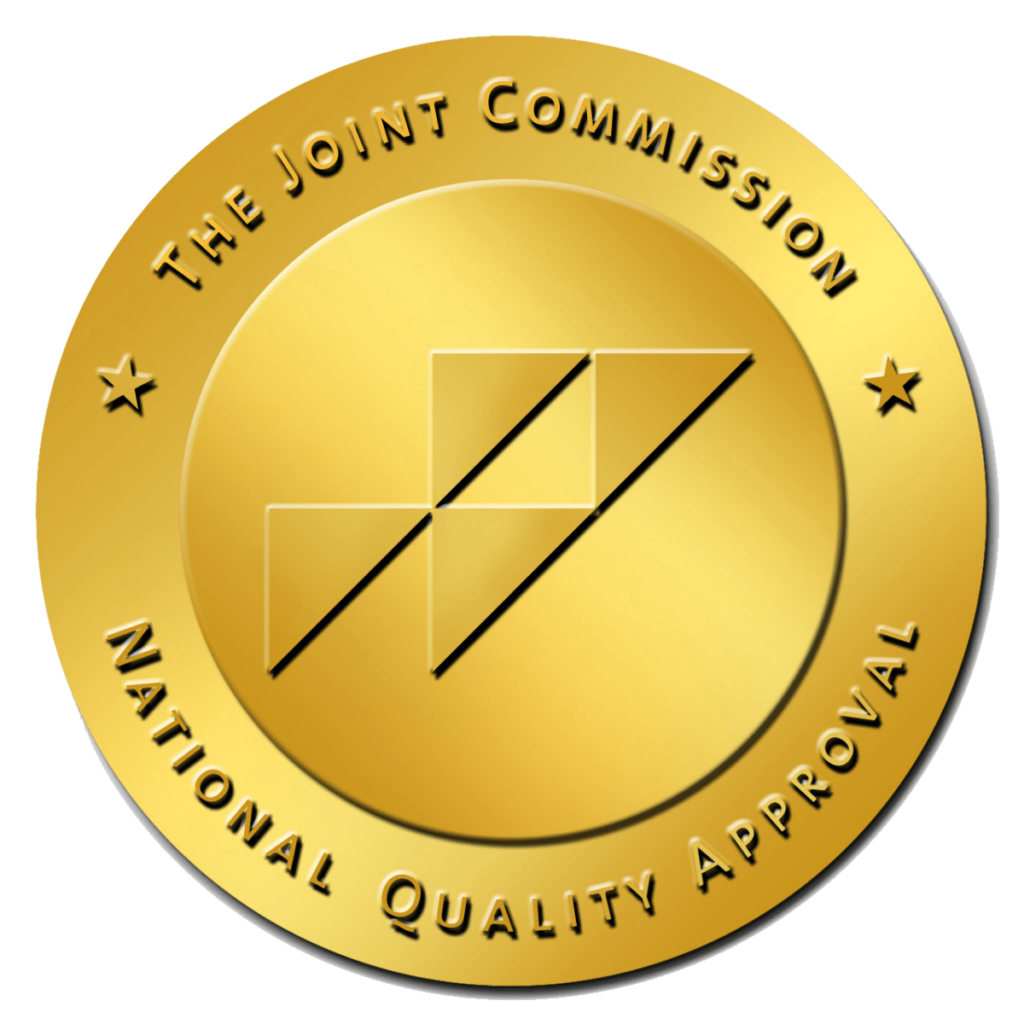Choose Facility
Self-care is the practice of taking care of one’s physical, emotional, and mental health. It is a crucial part of maintaining overall wellness and preventing mental health issues. Self-care is not selfish; it is the foundation of a healthy and fulfilling life.
Today, we will discuss what self-care is, its importance, and how it can positively affect mental health.
What Is Self-Care?
Self-care is a broad term that encompasses a range of activities that promote physical, emotional, and mental well-being. It includes activities such as getting enough sleep, eating a nutritious diet, exercising regularly, practicing relaxation techniques, and seeking professional help when needed.
Self-care is different for everyone. What works for one person may not work for another. It is essential to identify what self-care practices work best for you and make them a part of your routine.
The Importance of Self-Care
Self-care is crucial for overall wellness and preventing mental health issues. When we neglect our physical, emotional, and mental health, we become more susceptible to stress, anxiety, and depression. These mental health issues can impact our relationships, work performance, and overall quality of life.
Additionally, self-care is important not only for preventing mental health issues but also for managing them. When we prioritize self-care, we can better manage stress and reduce the symptoms of anxiety and depression.
Finally, self-care can also improve our self-esteem and confidence, which can have a positive impact on our mental health. When we care for ourselves, we feel better about ourselves and are more likely to set and achieve goals.
How Self-Care Affects Mental Health
Self-care can positively affect mental health in several ways. Here are some ways self-care can benefit mental health:
1. Reduces Stress
Stress is a common trigger for mental health issues such as anxiety and depression. Self-care can help reduce stress levels and prevent these mental health issues from developing. Activities such as meditation, yoga, and deep breathing can help reduce stress and promote relaxation.
2. Improves Sleep
Sleep is essential for mental health, and practicing self-care can improve the quality of our sleep. Activities such as creating a bedtime routine, avoiding caffeine and electronics before bedtime, and creating a comfortable sleep environment can improve our sleep quality.
3. Boosts Self-Esteem
Taking care of ourselves can boost our self-worth and assurance, leading to a beneficial effect on our mental well-being. As we look after ourselves, our self-perception improves, making us more inclined to establish and accomplish our objectives.
4. Increases Resilience
Practicing self-care can boost our ability to recover from difficult situations. By engaging in self-care, we become more capable of dealing with stress and obstacles, ultimately enhancing our mental well-being.
5. Encourages Healthy Coping Mechanisms
Finally, by focusing on self-care, we can promote positive ways of dealing with stress and enhance our mental well-being. Making self-care a priority helps reduce the likelihood of resorting to harmful coping methods like substance abuse.
Conclusion
All in all, self-care plays a crucial role in maintaining and improving our mental well-being. By prioritizing self-care, we can reduce stress, improve our mood, increase self-awareness, build resilience, and encourage healthy coping mechanisms. And by incorporating self-care into our daily routines, we can better face life’s challenges and maintain a balanced and healthy mental state!
Ascend Behavioral Health offers mental health counseling to everyone seeking help with their mental health, from kids to adults. If you are looking for mental health services in Fresno, CA, get in touch with us today.

All Rights Reserved © by Sierra Meadows Behavioral Health | Website Sitemap | Privacy Policy | Billing Policy
Certified by the State Department of Health Care Services. Certification Number: 100008AP. Expiration Date: 12/31/2025

